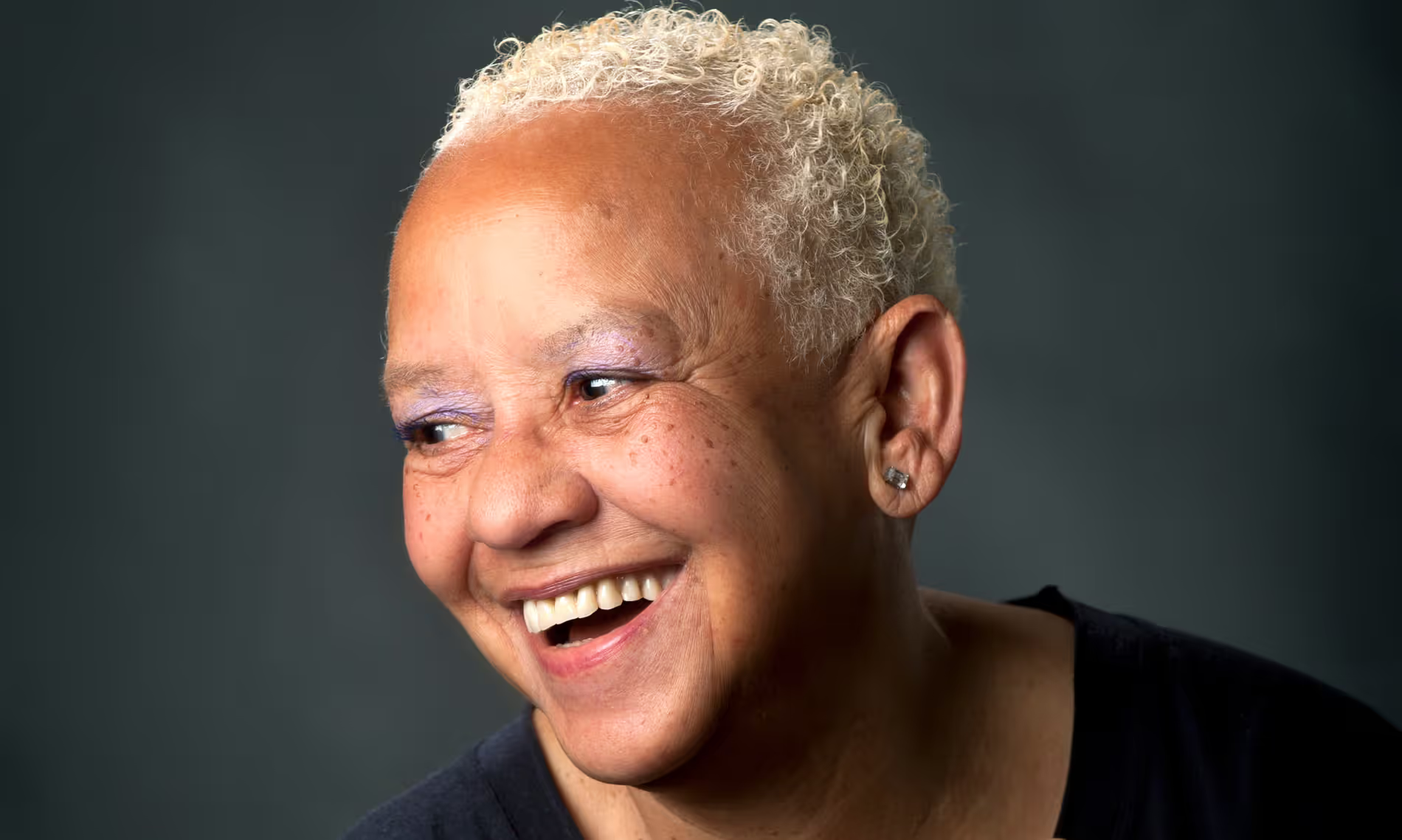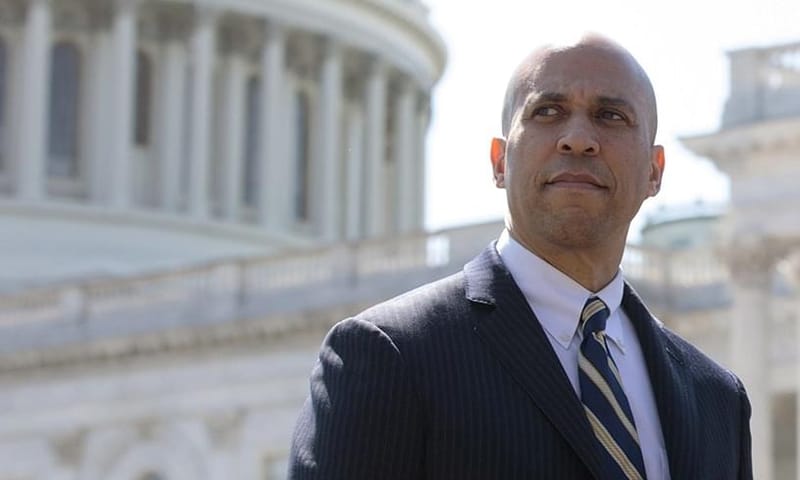Poet Nikki Giovanni, Trailblazing Voice of Black Arts Movement, Dies at 81
Giovanni rose to prominence during the Black Arts Movement, highlighting Black resilience and tragedies like Emmett Till’s lynching, MLK's assassination, and the 1963 Birmingham church bombing.
Nikki Giovanni, the celebrated poet and cultural icon who gave voice to the Black Arts and Civil Rights Movements, died last week in Blacksburg, Virginia. She was 81.
Giovanni passed away in a hospital due to complications of lung cancer, her wife, Virginia C. Fowler, confirmed.
Renowned for her evocative poetry and advocacy, Giovanni emerged as a leading figure of the Black Arts Movement in the late 1960s and early 1970s. Her work often addressed the struggles and resilience of Black Americans, reflecting on pivotal events such as the lynching of Emmett Till, the assassination of Martin Luther King Jr., and the 1963 Birmingham church bombing that claimed the lives of four young girls.
“As a cultural icon, she inspired generations of students, artists, activists, and musicians,” said friend and writer Renée Watson. “Her connections with Rosa Parks, Aretha Franklin, James Baldwin, Nina Simone, and Muhammad Ali underscore her role as a transformative figure in American history.”
Over her storied career, Giovanni was honored with seven NAACP Image Awards, 31 honorary doctorates, and, most recently, a 2024 Emmy for her documentary Going to Mars: The Nikki Giovanni Project.
Born Yolande Cornelia Giovanni Jr. on June 7, 1943, in Knoxville, Tennessee, she earned the nickname Nikki from her older sister, Gary Ann. Her family relocated to Cincinnati, Ohio, where her parents worked as house parents in a school for Black boys and later became grade school teachers.
Giovanni's literary career began in 1968 with the self-publication of her poetry collections Black Judgement and Black Feeling, Black Talk. Her body of work expanded to include poetry for both adults and children, essays, recordings, and the memoir Gemini: An Extended Autobiographical Statement on My First Twenty-Five Years of Being a Black Poet, published in 1971.
Despite early challenges, including limited interest in what was often dismissed as "militant" poetry, Giovanni forged her path. “No one was much interested in a Black girl writing,” she reflected on her website, recounting her decision to self-publish.
Giovanni was known for her dynamic poetry readings, frequently accompanied by gospel choirs and musicians, drawing large audiences nationwide. Her creative approach to poetry was rooted in innovation. “My dream was not to publish or even to be a writer,” she wrote. “My dream was to discover something no one else had thought of. I guess that’s why I’m a poet.”
Giovanni is survived by her wife, Virginia C. Fowler, and her son, Thomas, born in 1969. Her legacy endures as a testament to the power of words to challenge, heal, and inspire.







